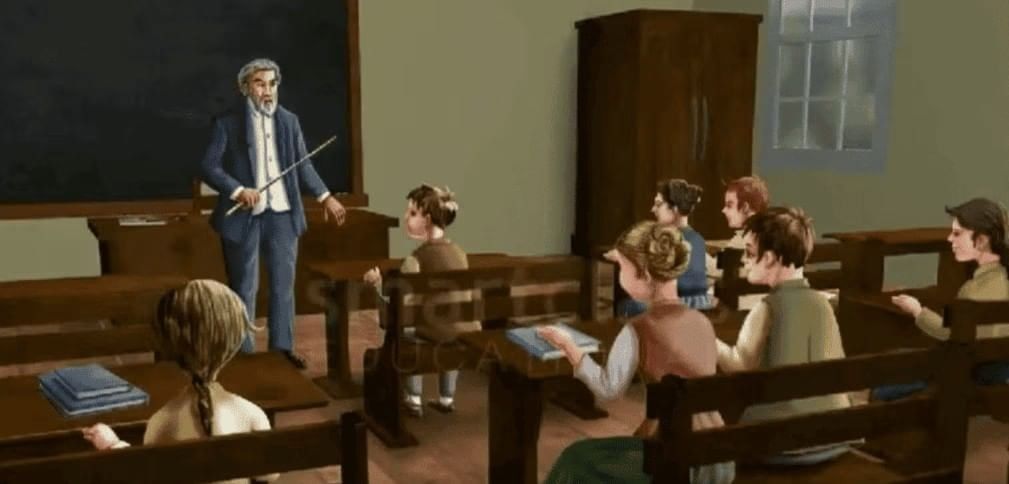Additional Information about Summary - Last lesson for Class 12 Preparation
Summary - Last lesson Free PDF Download
The Summary - Last lesson is an invaluable resource that delves deep into the core of the Class 12 exam.
These study notes are curated by experts and cover all the essential topics and concepts, making your preparation more efficient and effective.
With the help of these notes, you can grasp complex subjects quickly, revise important points easily,
and reinforce your understanding of key concepts. The study notes are presented in a concise and easy-to-understand manner,
allowing you to optimize your learning process. Whether you're looking for best-recommended books, sample papers, study material,
or toppers' notes, this PDF has got you covered. Download the Summary - Last lesson now and kickstart your journey towards success in the Class 12 exam.
Importance of Summary - Last lesson
The importance of Summary - Last lesson cannot be overstated, especially for Class 12 aspirants.
This document holds the key to success in the Class 12 exam.
It offers a detailed understanding of the concept, providing invaluable insights into the topic.
By knowing the concepts well in advance, students can plan their preparation effectively.
Utilize this indispensable guide for a well-rounded preparation and achieve your desired results.
Summary - Last lesson Notes
Summary - Last lesson Notes offer in-depth insights into the specific topic to help you master it with ease.
This comprehensive document covers all aspects related to Summary - Last lesson.
It includes detailed information about the exam syllabus, recommended books, and study materials for a well-rounded preparation.
Practice papers and question papers enable you to assess your progress effectively.
Additionally, the paper analysis provides valuable tips for tackling the exam strategically.
Access to Toppers' notes gives you an edge in understanding complex concepts.
Whether you're a beginner or aiming for advanced proficiency, Summary - Last lesson Notes on EduRev are your ultimate resource for success.
Summary - Last lesson Class 12 Questions
The "Summary - Last lesson Class 12 Questions" guide is a valuable resource for all aspiring students preparing for the
Class 12 exam. It focuses on providing a wide range of practice questions to help students gauge
their understanding of the exam topics. These questions cover the entire syllabus, ensuring comprehensive preparation.
The guide includes previous years' question papers for students to familiarize themselves with the exam's format and difficulty level.
Additionally, it offers subject-specific question banks, allowing students to focus on weak areas and improve their performance.
Study Summary - Last lesson on the App
Students of Class 12 can study Summary - Last lesson alongwith tests & analysis from the EduRev app,
which will help them while preparing for their exam. Apart from the Summary - Last lesson,
students can also utilize the EduRev App for other study materials such as previous year question papers, syllabus, important questions, etc.
The EduRev App will make your learning easier as you can access it from anywhere you want.
The content of Summary - Last lesson is prepared as per the latest Class 12 syllabus.
 M. Hamel, the devoted French teacher, is deeply patriotic, nostalgic, and sorrowful on his final day. Villagers gather to honor and show respect for him. The village regrets not learning their mother tongue, French, when they had the chance.
M. Hamel, the devoted French teacher, is deeply patriotic, nostalgic, and sorrowful on his final day. Villagers gather to honor and show respect for him. The village regrets not learning their mother tongue, French, when they had the chance.





















